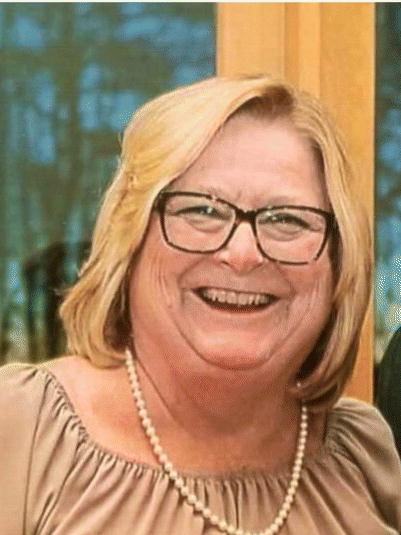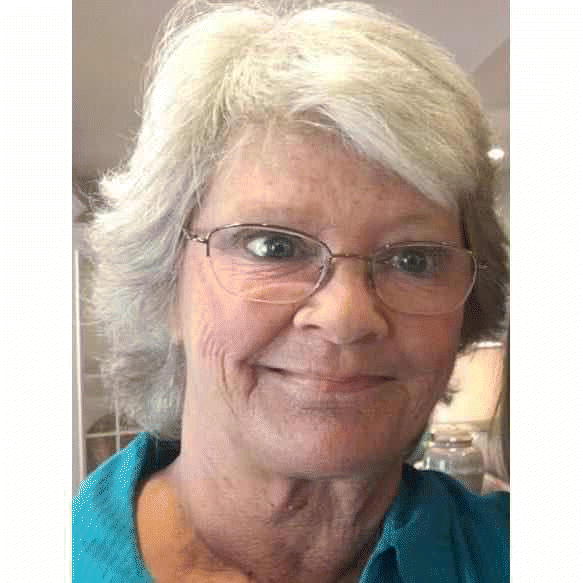Kentucky’s Safe at Home Program sees high participation rate since expansion
Published 8:00 am Friday, August 9, 2024
|
Getting your Trinity Audio player ready...
|
Secretary of State Michael Adams announced that participation in Kentucky’s Safe at Home Program has increased by 460 percent in the first year since the General Assembly expanded the program at his request.
“I am grateful to our state legislators for coming together across party lines to join us in protecting our most vulnerable Kentuckians,” Adams said. “Our Office is working to end the scourge of domestic violence.”
Senate Bill 79 (2023), sponsored by Sen. Julie Raque Adams, R-Louisville [no relation to Sec. Adams], expanded the Commonwealth’s address confidentiality program, allowing participants to have their addresses masked on all state and local public records, including voter rolls. The program removed the requirement of a protective order and expanded interstate reciprocity, opening the program to more participants.
“I am grateful to Secretary Adams for his diligence in successfully implementing this important program to help victims of sexual assault, domestic violence and human trafficking feel protected in their own homes,” said Sen. Adams.
Secretary Adams announced the increase in participants while touring the Center for Women and Families in Louisville, which serves more than 5,000 domestic abuse and rape survivors each year.
“As an advocate and the leader of The Center for Women and Families, I am thankful to Sen. Julie Raque Adams for her vision and determination to take another significant step toward keeping Kentucky’s survivors of intimate partner violence safe,” said Elizabeth Martin, President & CEO of The Center for Women and Families. “The Center for Women and Families can support survivors in maintaining their mailing addresses remain confidential through the great work that Secretary Michael Adams and his office do to ensure all IPV survivors know about the Safe at Home Program. Previously, many survivors had to forgo receiving mail that often included personal documents due to the fear of their abuser locating them. With the Safe at Home Program, survivors can now receive their mail and safely exercise their right to vote by having their addresses hidden on publicly available voter records.”






